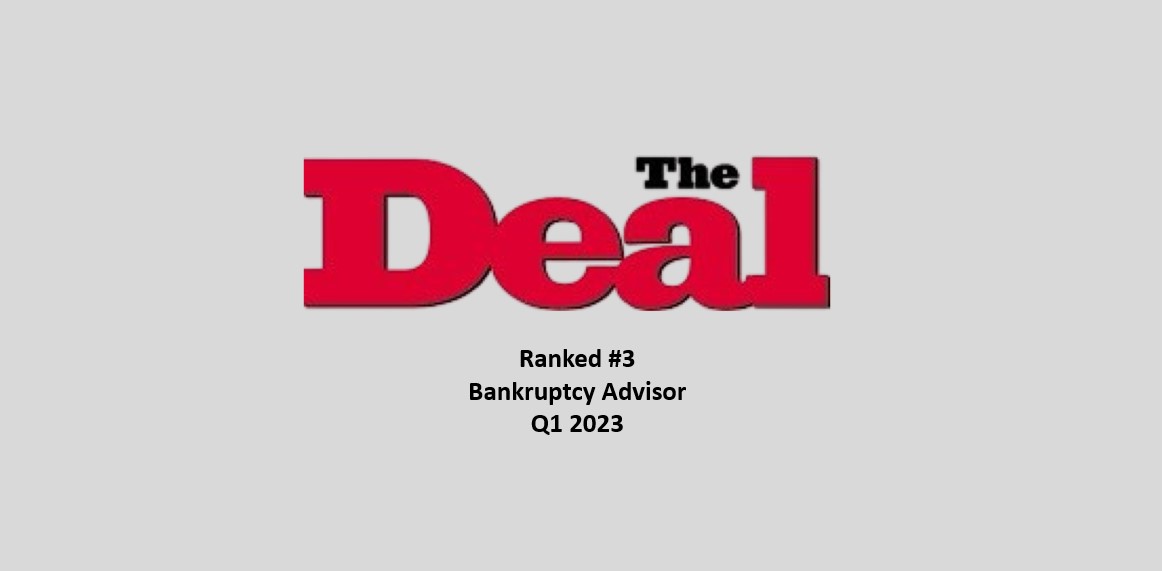Driving it Home: Controlling the Narrative During High-Stakes Announcements

The PGA Tour, DP World Tour and LIV Golf announcement has been the talk of the town. The PGA Tour was undoubtedly in a challenging business position with a new and exceedingly well-funded competitor that was luring away top talent with lucrative offers. This dynamic created economic pressures and additional litigation risk for the PGA as it tried to keep its players from fleeing to LIV Golf.
Over the past few years, the PGA Tour has been outspokenly opposed to LIV Golf, accusing the Saudi-backed association of “sportswashing” Saudi Arabia’s history of human rights violations. The two organizations have continued to spar publicly through filing various anti-trust claims against each other in recent months.
Given their contentious history, the merger announcement between the PGA Tour, DP World Tour and LIV Golf was unexpected. It begs the question – given the public posture towards LIV Golf, how could the PGA Tour credibly pursue a merger now?
Instead of using the announcement to tee up the answer to that question, the rollout left space for other parties – including professional golfers and the media – to fill in the blanks. Prior actions and statements by the PGA Tour could lay the groundwork for opposition to this deal given jaded players who turned down large sums after the Tour invoked loyalty testimonials, arguments about Saudi Arabia’s human rights history, and anti-trust concerns regarding a 3-way merger.
Given the communications challenges involved in announcing a sudden strategic change by way of a merger, it is important to keep a few things in mind:
Scorched earth tactics can backfire. While hard-hitting tactics and heated rhetoric – for example, invoking severely harmed groups like family members of September 11 victims – can motivate stakeholders in the short run, it could impede an organization’s ability to achieve an outcome that ultimately makes sense for business. It is good practice not to make a business issue so polarizing and to consider that the parties might come together.
Remember to reach all stakeholders. High profile members of the PGA, who turned down large contracts and were publicly critical of LIV Golf, were caught off guard by the announcement. Rather than honor their loyalty to the PGA, this announcement tarnished personal brands and left certain members looking foolish and/or hypocritical. By choosing not to brief the allied players and bring them on-side, PGA potentially alienated these personalities who have their own individual and influential platforms and could criticize the deal.
The media can be an ally. The trade media is incredibly important, especially when a relationship is so influential. For example, the Golf Channel has been amplifying PGA’s messaging regarding LIV Golf for over a year, the decision not to pre-brief or preview the benefits of the deal, which appears to be an about-face, has yielded bad results in the press. Highly regarded commentators, like Brandel Chamblee, walked through the numerous antitrust arguments on the air. The government will take notice of the backlash from, and in, the press, including the frequent mentions of antitrust concerns.
These situations are undoubtedly complex and difficult to navigate, which makes having an effective communications strategy all the more important. Though announcements are sometimes accelerated, it is important to have a tested plan in place that drives home the messaging that the transaction is beneficial “fore” key stakeholders.
Get in Touch
For more information about Reevemark or to inquire about a potential engagement, please send us an email.
Email Us


